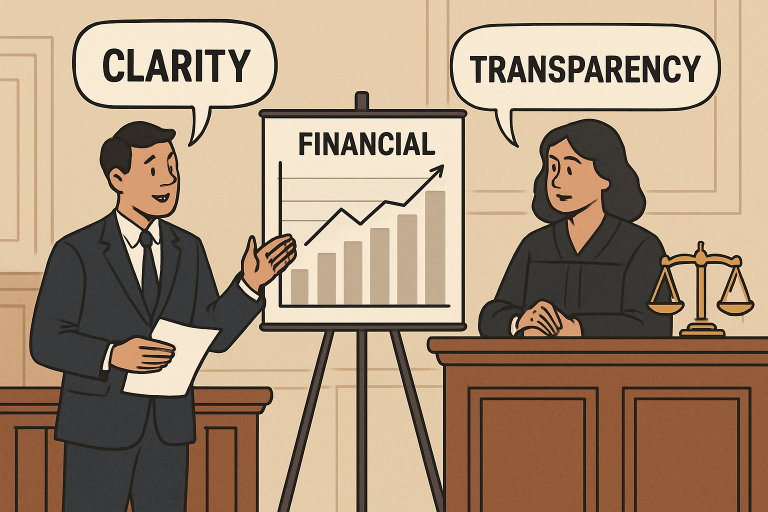Why Clear Financial Analysis Matters in High-Stakes Litigation
The Role of Financial Analysis in High-Stakes Litigation
Financial analysis plays a pivotal role in uncovering the facts behind complex monetary transactions in high-stakes litigation. From assessing damages to tracing assets and evaluating economic loss, detailed financial evaluations provide the foundation for informed legal strategies. Accurate data interpretation helps attorneys build compelling cases and respond effectively to opposing arguments.
A financial expert witness often contributes essential insights by breaking down intricate financial details for judges and juries. Their analysis can clarify discrepancies in reports, validate claims, or challenge assumptions, making them a valuable resource in litigation involving fraud, breach of contract, or valuation disputes. By presenting findings in a clear and credible manner, these experts support the legal team’s efforts to achieve a fair and accurate resolution.
Litigation Funding and the Need for Accurate Assessments
The surge of litigation finance—now a $15.2 billion industry—has made financial analysis even more critical and nuanced. With third-party funders taking substantial financial interests in pending legal claims, scrutiny around potential recoveries and risks has intensified. Accurate, transparent financial projections are necessary to secure funding, structure settlements, and comply with evolving regulatory expectations.
Funders often need a snapshot of expected damages and a sensitivity analysis showing how different legal or market changes could impact expected returns. This requires both plaintiff and defense counsel to work closely with financial experts from the beginning, making sure that assumptions are realistic and that potential issues are identified and addressed early on.
Choosing and Leveraging a Financial Expert Witness
A financial expert witness is crucial for interpreting complex economic concepts and ensuring claims withstand judicial scrutiny. They can help attorneys identify weaknesses early, recommend robust data-gathering methods, and prepare persuasive exhibits for trial. Their ability to anticipate opposing arguments, explain forecasting methodologies, and distill financial jargon is vital for a convincing presentation. An expert’s endorsement of financial findings can differentiate between favorable outcomes and costly disputes. Beyond the courtroom, clear communication and thorough analysis can foster settlements, save litigation costs, and protect a company’s reputation. Maintaining independence and objectivity throughout the litigation process is essential for a financial expert witness to be persuaded by judges and juries.
Conclusion
Precise financial analysis underpins the integrity and fairness of high-stakes litigation. Transparent, well-supported financial testimony ensures accurate damage assessments and asset valuations, leveling the playing field between parties. The demand for credible financial expert witnesses will only intensify as the litigation landscape grows in complexity—driven by regulatory scrutiny and increased third-party funding. Equipping legal teams with reliable financial insight remains essential to achieve just, efficient, and defensible outcomes in today’s evolving legal environment.
Ultimately, the value of transparent financial analysis extends well beyond individual cases. It builds trust among stakeholders, supports compliance and risk management efforts, and reinforces the legal system’s credibility as a whole.







